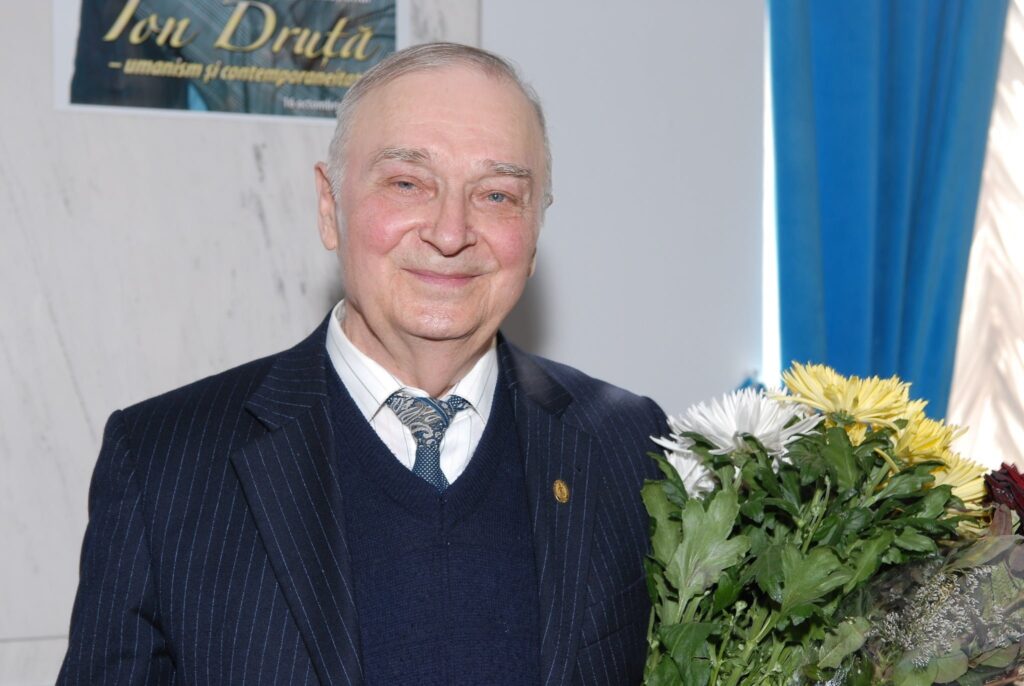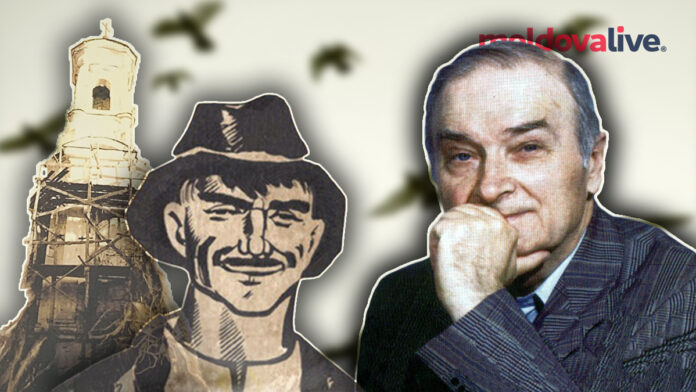Ion Druță, a celebrated figure in the world of literature, bid farewell to this world at the age of 95. The announcement of his passing was made by the Crtier Publishing House, which confirmed that the esteemed writer had departed this morning at 10 o’clock in Moscow.

Born on September 3, 1928, in the village of Horodişte, in the former Soroca county (now part of the Donduşeni district), Ion Druță embarked on his literary journey in the early 1950s. His initial foray into the world of storytelling saw the light of day with the publication of his first volume of sketches and short stories titled “La noi în sat” (Among Us in the Village) in 1953. This was soon followed by more short stories and, notably, his novel “Frunze de dor” (Leaves of Longing), which was written in 1955 and published in 1957.
Druță’s contributions extended beyond the realm of prose as he collaborated with newspapers like “Ţăranul Sovietic” (The Soviet Peasant), “Moldova socialistă” (Socialist Moldova), and the magazine “Femeia Moldovei” (The Moldovan Woman). In 1957, he graduated from the Higher Literature Courses at the “A. M. Gorki” Institute of Literature, part of the Union of Writers of the Soviet Union.
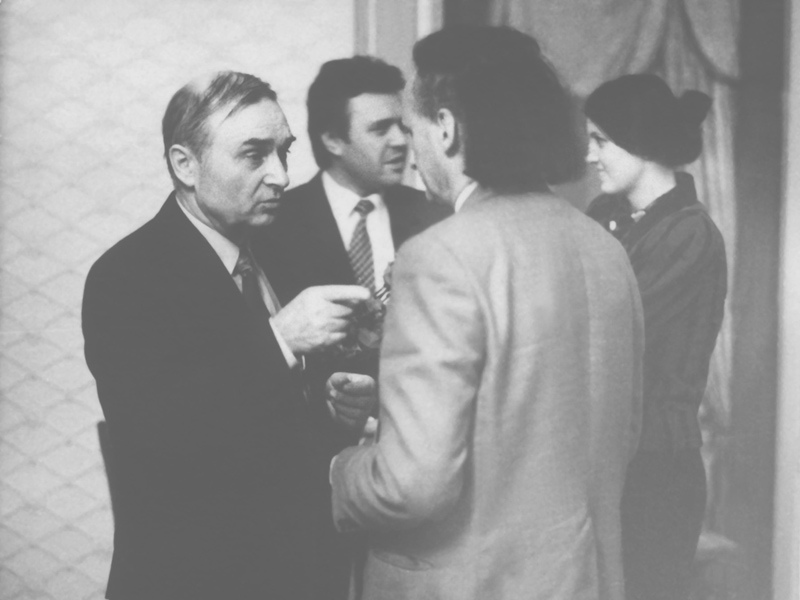
While Ion Druță’s literary talents were widely recognized, his works occasionally drew criticism from communist authorities in the Moldavian SSR, especially his novel “Povara bunătăţii noastre” (The Burden of Our Kindness), which was published in two parts, “Balade din câmpie” (Ballads from the Plains) in 1963 and the complete work in 1970. Additionally, his film “Ultima lună de toamnă” (The Last Month of Autumn) faced scrutiny. These challenges prompted the author to relocate to Moscow in 1959.
As a playwright, Druță authored a series of successful plays performed both in the Moldavian SSR and on stages throughout the former USSR and abroad. Some of his notable works in this genre include “Casa mare” (The Big House) in 1961, “Doina” in 1968, “Păsările tinereţii noastre” (The Birds of Our Youth) in 1971, “Horia” in 1973, “Frumos şi sfânt” (Beautiful and Holy) in 1974, “Cervius divinus” in 1975, “Întoarcerea ţărânei în pământ” (The Peasant’s Return to the Land), also known as “Plecarea lui Tolstoi” (Tolstoy’s Departure), in 1978, and “Apostolul Pavel” (Apostle Paul) in 1996, among others.
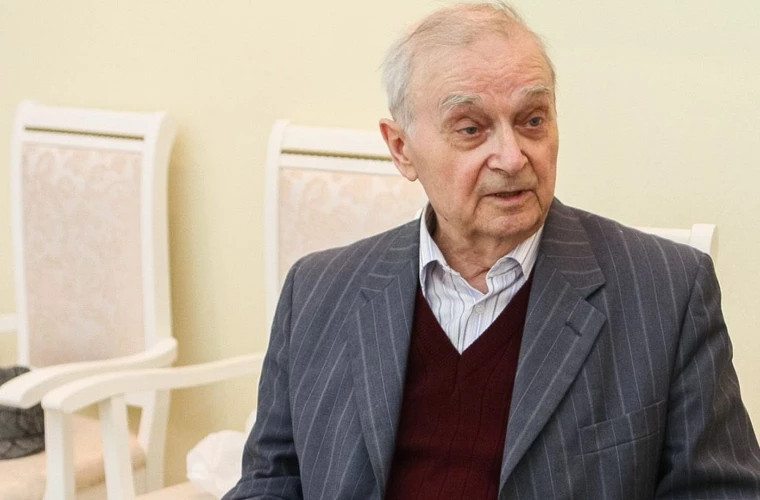
In 1967, Ion Druță received the State Prize of the Moldavian SSR for his novella “Ultima lună de toamnă” and the novel “Balade din câmpie.” As a bilingual writer, he published numerous volumes of prose, essays, and drama in the Russian language while residing in Moscow.
FOR THE MOST IMPORTANT NEWS, FOLLOW US ON LINKEDIN!
Throughout his illustrious career, Druță earned several prestigious titles and awards, including the title of “Scriitor al Poporului” (Writer of the People) in 1988, honorary membership in the Romanian Academy in 1990, and full membership in the Academy of Sciences of the Republic of Moldova in 1992. He was also honored with the State Prize of the Republic of Moldova in Literature in 2008 and the Constantin Brâncoveanu Award in the Literature category in 2014.
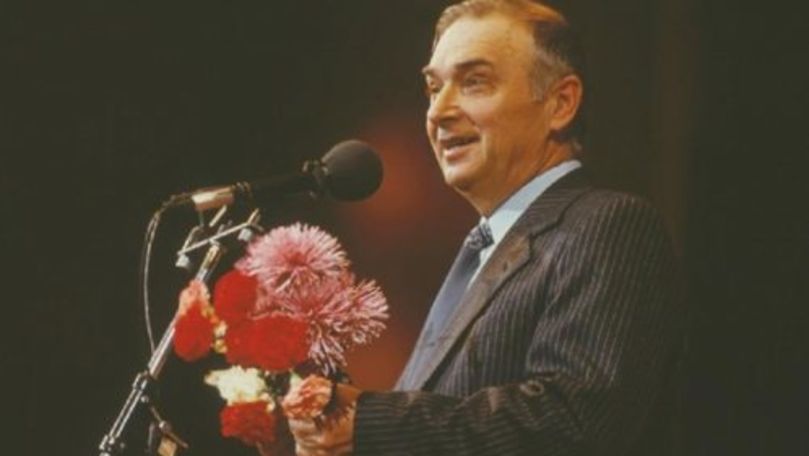
Ion Druță’s literary legacy includes notable novels such as “Clopotniţa” (The Bell Tower) in 1972, “Întoarcerea țărânei în pământ” (The Peasant’s Return to the Land) in 1974, and “Biserica Albă” (The White Church) in 1983. His works continue to inspire and captivate readers, leaving an indelible mark on the world of literature. Ion Druță’s contributions to literature and his enduring legacy will be remembered and cherished by generations to come.
